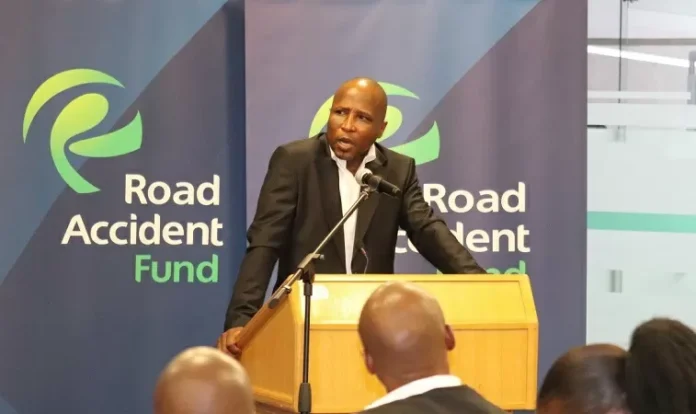SCOPA, the Standing Committee on Public Accounts, has recently revealed that the Road Accident Fund (RAF) has accumulated over R4 billion in default judgments. This alarming revelation has brought to light the inefficiencies and mismanagement within the RAF, causing concern for the victims who rely on the fund for financial support.
The RAF was established in 1996 to provide compensation to victims of road accidents in South Africa. It is funded by a fuel levy and is responsible for administering claims on behalf of road accident victims. However, the recent findings by SCOPA have raised questions about the effectiveness of the fund and its ability to fulfill its mandate.
According to SCOPA, the RAF has accumulated over R4 billion in default judgments due to its failure to settle claims within the required time frame. This means that thousands of victims have been left without the much-needed compensation, causing financial strain and suffering for both the victims and their families.
The accumulation of default judgments is a serious concern and highlights the need for urgent intervention. It is unacceptable that the very institution created to assist victims of road accidents is failing to do so. The victims, who are already burdened with physical and emotional trauma, are now faced with the added stress of financial strain.
SCOPA has called for a thorough investigation into the RAF’s operations and has urged the fund to take immediate action to address the issue. It is crucial that the RAF takes responsibility for its actions and works towards rectifying the situation. The victims deserve to be compensated in a timely and efficient manner, and it is the responsibility of the RAF to ensure that this happens.
In addition to the accumulation of default judgments, SCOPA has also revealed that the RAF has a backlog of over 200,000 claims. This backlog has resulted in delays in the processing of claims, further exacerbating the financial burden on the victims. It is clear that urgent measures need to be taken to address this backlog and ensure that victims receive the compensation they are entitled to.
The mismanagement within the RAF has not only affected the victims but also the taxpayers who contribute to the fund through the fuel levy. This mismanagement has resulted in a loss of public funds, which could have been utilized for other important purposes.
In light of these findings, it is imperative that the RAF takes immediate action to rectify the situation. The victims of road accidents deserve to be treated with dignity and respect, and the RAF has a responsibility to fulfill its mandate and provide them with the necessary support.
SCOPA has also called for the RAF to improve its processes and systems to ensure efficient and effective handling of claims. This includes the implementation of a tracking system to monitor the progress of claims, as well as the establishment of a dedicated team to address the backlog of claims.
The RAF has an important role to play in providing support to victims of road accidents, and it is essential that it fulfills this role with integrity and accountability. The recent findings by SCOPA should serve as a wake-up call for the RAF to take immediate action and address the issues that have been highlighted.
In conclusion, the news of the RAF’s accumulated default judgments is concerning, but it should also serve as a catalyst for positive change. It is time for the RAF to take responsibility and work towards improving its operations to ensure that victims receive the support they need and deserve. The victims of road accidents have already suffered enough, and it is our responsibility to ensure that they are not further burdened by the inefficiencies of the RAF.

